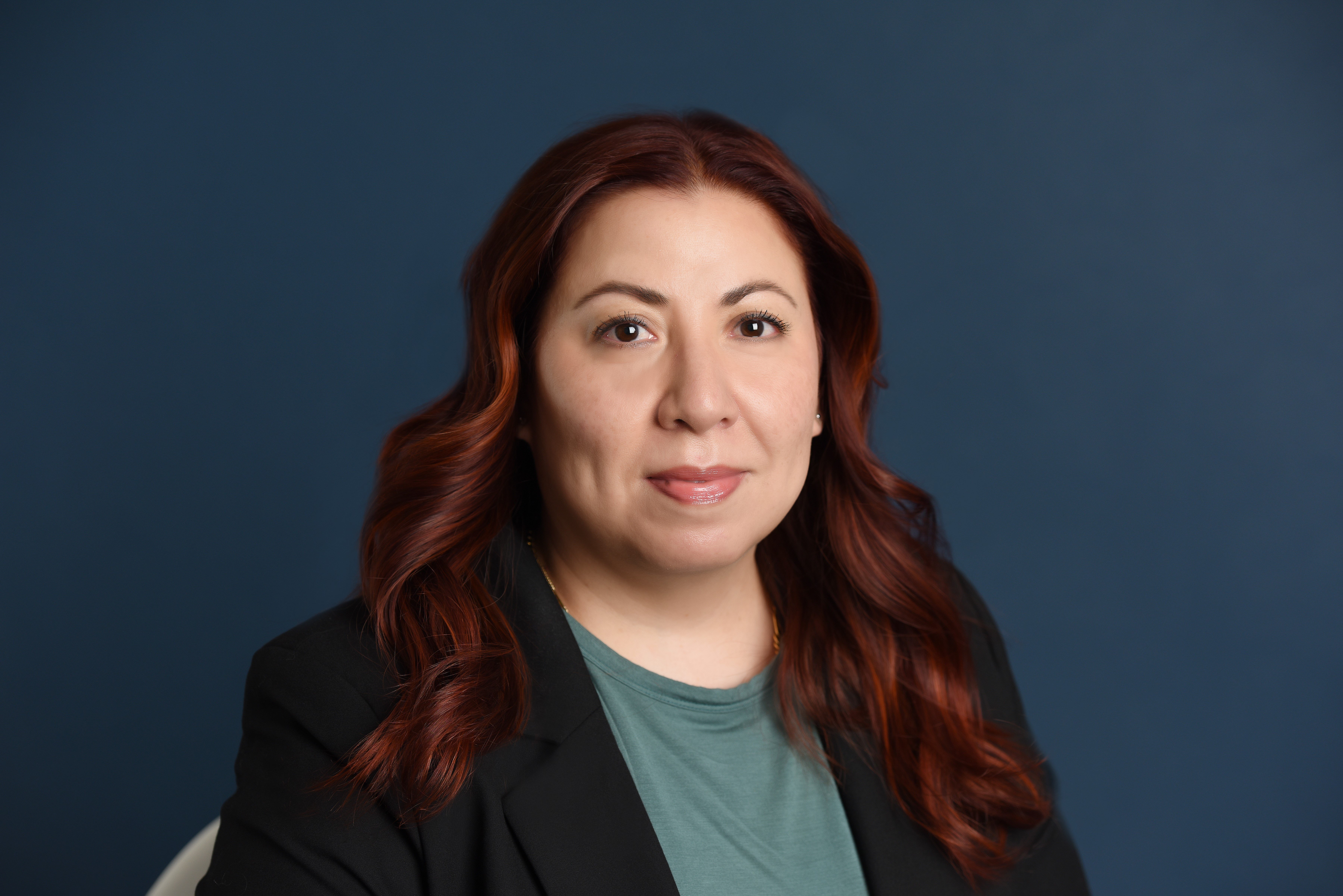
The average age of retirement in Canada is around 63 years of age. Whether you plan to retire sooner or later than that often depends on your financial situation. One big factor playing into many people’s retirement plans is their existing debt. If you’re eyeing retirement but struggling with debt, credit counselling may offer a solution. Learn how!
Through credit counselling, you can gain better budgeting and money management skills that will help you to pay down debt and begin saving for retirement, ultimately making yourself retirement-ready!
3 Common Questions About Retirement Planning
For over 50 years, Credit Canada has been helping Canadians get out of debt. Of course, debt factors heavily into our ability to retire comfortably, as does having a retirement budget. Over the years, three questions often come up from those looking to retire and those who are simply planning ahead (which is always a good thing).
1. What are the steps in retirement planning?
Retirement planning should begin early. While it’s difficult for those of us still enjoying our youth to fathom that one day we’ll be 60 years old, it’s a reality that we all need to face, sooner or later. Here are some steps to follow to help ensure you're ready for retirement when you feel you’ve had enough of the daily grind!
- Start saving for retirement as soon as you start working. The longer you save, the more your funds will grow thanks to compound interest. Even if it means having to decrease the amount you save during child-rearing years, it's still worth doing. Registered Retirement Savings Plans (RRSPs) help encourage you to save more while you work by potentially reducing the amount of income tax you will owe. The way it works is that the money you put towards your RRSPs gets deducted from your net income, which means you'll get a tax refund when you file your income tax, depending on how much you contribute and the province you live in. To learn more about RRSPs and taxes, check out this article by Turbo Tax.
- Max out your TFSA every year. The Tax-Free Savings Account (TFSA) is a general-purpose savings tool that allows you to earn tax-free investment income that can complement your RRSP. If you can’t contribute the maximum amount every year, whatever amount you don't use can be carried forward. If you'd like to know exactly how much you can contribute to your TFSA and how much your savings will grow, Wealthsimple has a nifty TFSA Calculator you can check out.
- Incorporate budgeting into your ongoing financial planning. Budgeting promotes financial wellness, but it can seem like a daunting task. Not anymore! Our free online Budget Planner + Expense Tracker does all the work for you. Just plug in your monthly income and expenses, and then start tracking your spending. The tool does the rest for you, telling you when you're over or under budget, by how much, and how you compare to general Canadian spending guidelines. Using this tool, you'll know exactly how much money you can put towards your RRSPs every month. You'll also be able to identify different areas in your budget where you can cut back to meet your financial goals.
- Consider your housing needs carefully. Do you really need the house with five bedrooms, five baths, and a pool? Plan for what you need so you can be mortgage-free by the time you retire. Mortgage payments eat up a large portion of our earnings, so understanding that your retirement income is going to be much lower than when you were working, it's best if you don't have a mortgage when you do retire.
- Use credit wisely along the way. Don’t carry debt into retirement! It's easy to get into the habit of just paying the minimum payment on your credit card(s), but doing so could take you well into your retirement years and still paying off items you bought years ago. If you're looking for some help to pay off your credit cards, check out our debt calculator to see how much sooner you can be debt-free by increasing your monthly payments or by trying different repayment strategies. You can also see how much money you can save in interest!
- Delay retirement (if you can). You may want to delay your retirement by a year or two to help pay off any outstanding debt you may be carrying faster. Make good use of the money you earn during this time, and if you need some advice on how to make your dollars stretch to help pay off debt, give us a call! (All of our counselling is free.)
- Learn to say NO. You aren’t the bank of Mom and Dad (or Grandma and Grandpa). Helping your kids and grandkids too much can impact your retirement savings, and thus, your ability to retire. It will also ultimately do them a disservice, as they won’t learn their own money management skills as well.
2. How much money will I need in retirement?
This is a tricky question, as it will depend on your lifestyle and your desire to maintain it. However, there are a few popular rules of thumb to consider which are highlighted on one of our favourite financial blogs, Savvy New Canadians. In addition, The Financial Consumer Agency of Canada (FCAC) has a Retirement Income Calculator that helps estimate how much retirement income you may have. It will take you about 30 minutes to use their calculator, but your future is totally worth the effort. Many people overestimate their retirement income and then run into surprises when they finally do retire, so we encourage you to give it a try.
3. What is the best plan for retirement?
There is no such thing as the “best retirement plan” as it all comes down to the individual. Some people may have no financial commitments, while others may still be managing a mortgage and helping children (or grandchildren) through school. The best plan, then, is to learn how to properly budget depending on your personal situation and lifestyle. Of course, some of us struggle with budgeting, which is when talking with a certified Credit Counsellors can be helpful.
Credit Counselling Help Through Credit Canada
Deciding how to plan for retirement can be a challenge. If you are planning to retire soon, or simply planning for it in the future, you may want to check out FP Canada for advanced professional financial planning and retirement advice. And, if you’re simply trying to get yourself debt-free in order to live comfortably in retirement, one of our amazing Credit Counsellors at Credit Canada can help.
We’ve talked with thousands of people about retirement planning—many of whom were probably in situations very similar to yours. We can help you create a plan that will reduce your debt quickly and easily. Your appointment is confidential and judgment-free; we simply want to help. Give us a call at 1.800.267.2272 or contact us online to talk about getting out of debt before retiring in Canada. We’re here for you.

Frequently Asked Questions
Have a question? We are here to help.
What is a Debt Consolidation Program?
A Debt Consolidation Program (DCP) is an arrangement made between your creditors and a non-profit credit counselling agency. Working with a reputable, non-profit credit counselling agency means a certified Credit Counsellor will negotiate with your creditors on your behalf to drop the interest on your unsecured debts, while also rounding up all your unsecured debts into a single, lower monthly payment. In Canada’s provinces, such as Ontario, these debt payment programs lead to faster debt relief!
Can I enter a Debt Consolidation Program with bad credit?
Yes, you can sign up for a DCP even if you have bad credit. Your credit score will not impact your ability to get debt help through a DCP. Bad credit can, however, impact your ability to get a debt consolidation loan.
Do I have to give up my credit cards in a Debt Consolidation Program?
Will Debt Consolidation hurt my credit score?
Most people entering a DCP already have a low credit score. While a DCP could lower your credit score at first, in the long run, if you keep up with the program and make your monthly payments on time as agreed, your credit score will eventually improve.
Can you get out of a Debt Consolidation Program?
Anyone who signs up for a DCP must sign an agreement; however, it's completely voluntary and any time a client wants to leave the Program they can. Once a client has left the Program, they will have to deal with their creditors and collectors directly, and if their Counsellor negotiated interest relief and lower monthly payments, in most cases, these would no longer be an option for the client.







